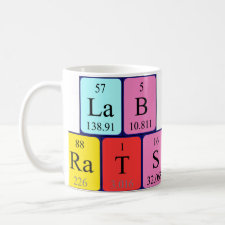
Authors: Ípik A, Menaker A, Reut J, Syritski V
Article Title: Molecularly imprinted polymers: a new approach to the preparation of functional materials.
Publication date: 2009
Journal: Proceedings of the Estonian Academy of Sciences
Volume: 58
Issue: (1)
Page numbers: 3-11.
DOI: 10.3176/proc.2009.1.01
Alternative URL: http://www.kirj.ee/14955/?tpl=1061&c_tpl=1064
Abstract: Molecular imprinting is a method for creating specific cavities in synthetic polymer matrices with memory for the template molecules. To date molecularly imprinted polymers (MIPs) have obtained a strong position in materials science and technology, expanding significantly the list of functional materials. This article provides a short review of the molecular imprinting technique with special attention paid to electrosynthesized electrically conducting polymers (ECPs), polypyrrole and polyethylenedioxythiophene, as matrix materials for molecular imprinting. We describe two different ECP-based MIP systems: enantioselective thin films of overoxidized polypyrrole imprinted with L-aspartic acid and Surface imprinted polyethylenedioxythiophene for selective protein adsorption
Template and target information: Review - MIPs from conjugated polymers
Author keywords: polymer materials, electrically conducting polymers, molecular imprinting, enantioselective recognition, surface imprinting, proteins



Join the Society for Molecular Imprinting

New items RSS feed
Sign-up for e-mail updates:
Choose between receiving an occasional newsletter or more frequent e-mail alerts.
Click here to go to the sign-up page.
Is your name elemental or peptidic? Enter your name and find out by clicking either of the buttons below!
Other products you may like:
 MIPdatabase
MIPdatabase









